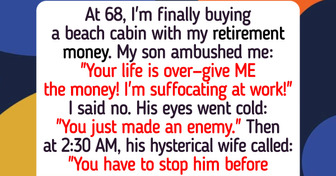15 Moments That Show Kindness Is Quiet but Changes Everything

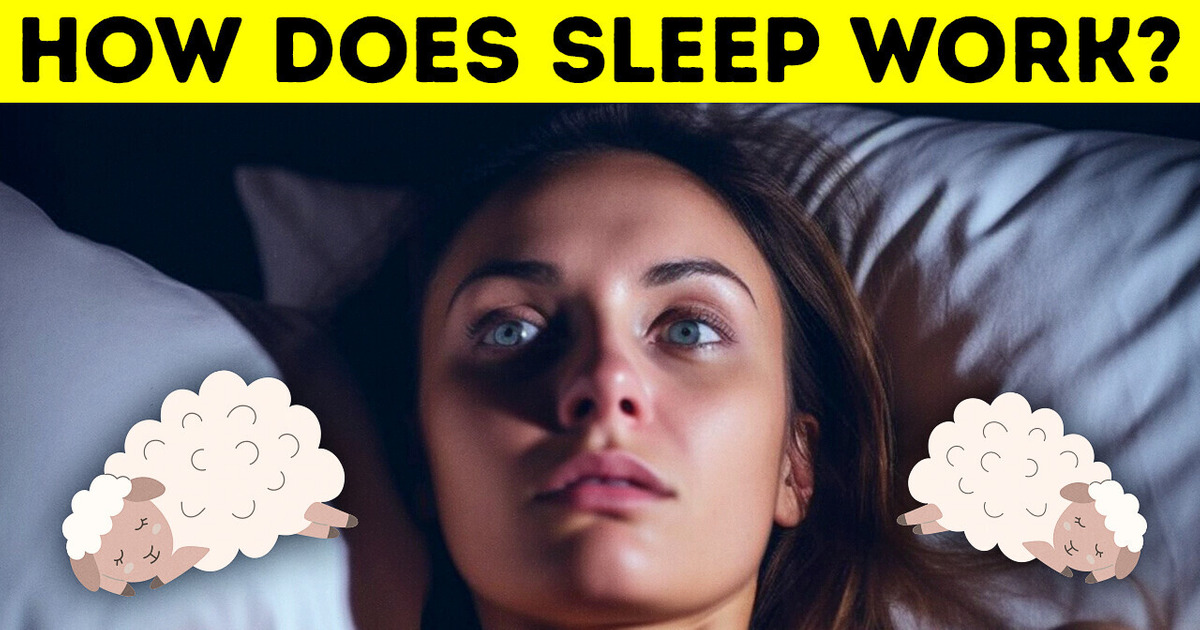
You’re just about to fluff up your pillows and get dressed in your favorite pajamas. You then set your alarm for the next day — it’s gonna ring in 8 hours. That should do the trick, isn’t that what the doctor suggested? But as the alarm starts ringing the next morning, you wake up feeling more tired than you were when you got into bed. Are those 8 hours of recommended sleep just a myth?

Sorry to break it to you, but as natural as sleep is for human beings, some of us can indeed be bad at snoozing. And it might have something to do with your circadian rhythm. Let me explain. The circadian rhythm is a natural, internal process a lot of living organisms have. Think of it as the project manager of our bodies that is in charge of our schedules for falling asleep and waking up in the morning.
It also helps to synchronize our bodies with the environment and the amount of light we’re exposed to during the day. We’re not the only creatures with a circadian rhythm. It’s actually found in most living beings, including animals, plants, and even some bacteria. It plays a crucial role in regulating sleep, feeding needs, and even hormone production.
During the day, the body produces hormones such as cortisol, which helps us stay alert and awake. At night, the body begins to produce melatonin, which makes us feel tired and promotes sleep. The circadian rhythm helps to let your body know when it’s appropriate to generate these hormones, so it can function properly.
When our circadian rhythm is messed up, like when we have jet lag or work irregular shifts at our jobs, our sleep patterns may become disrupted as well. What happens next? We can find it difficult to fall asleep, or we end up waking up frequently throughout the night. Or, as you might have experienced already, we end up feeling tired and groggy during the day, even if we’ve slept a reasonable number of hours during the night.
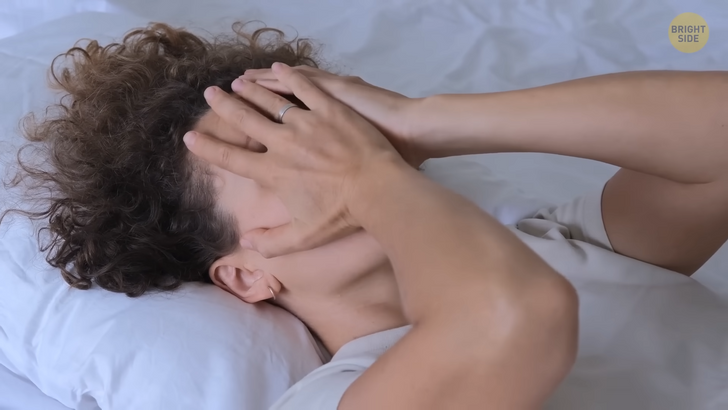
To make sure our sleep pattern remains healthy, we need to have a consistent sleep schedule. It may also help if we expose ourselves to natural light during the day and avoid looking at screens, like our phone or tablet, before bedtime. By following these rules and ensuring that our body’s internal clock is functioning ok, we can improve the quality of our sleep and overall well-being.
We now know how important sleep is, but how much sleep do we actually need? The explanation is kinda complex. For starters, it has a lot to do with our age. When we’re born, we need the most amount of sleep, somewhere around 14 to 17 hours of snooze time.
As we grow older — by the time we’re toddlers — we need 11 to 14 hours each day. Most teenagers need 8 to 10 hours of sleep, and by the time we’re adults, we should be just fine with as little as 7 hours. Apart from age, genetics also has a lot to do with our sleep needs.
Some people are naturally more prone to needing more or less sleep. Also, people who lead more active lifestyles may need more sleep to recover and regenerate their bodies. High levels of stress can affect our sleep and cause people to need more sleep to feel rested. You might have also noticed that you need more sleep when you’ve caught a cold or when you’ve eaten too much.

Do all of us need to fall asleep at the same hour to feel rested? You’ve surely heard of some people being night owls — while others are considered larks. Night owls tend to be more energetic and productive at night, while larks are more productive in the morning.
Both types of people have their own unique habits and preferences, and there is no right or wrong way to be a night owl or a lark. There are lots of questionnaires you can do online to see which category you fit in best. Or you can test it for yourself at home. Try going to bed at different hours for a specific period of time, and see which option fits best for your energy levels throughout the day.
How about our sleeping position? Can that also influence how well-rested we feel when waking up? Absolutely! And the most effective way to figure out what works best for you is to note everything down in a sleep diary.
You’ll need to record your sleep habits for at least a week or two to have the best results. Just make sure to switch between falling asleep on your back, your side, or your stomach each night. You don’t have to change your favorite sleeping position if you’re not having any issues as long as you wake up feeling well-rested.
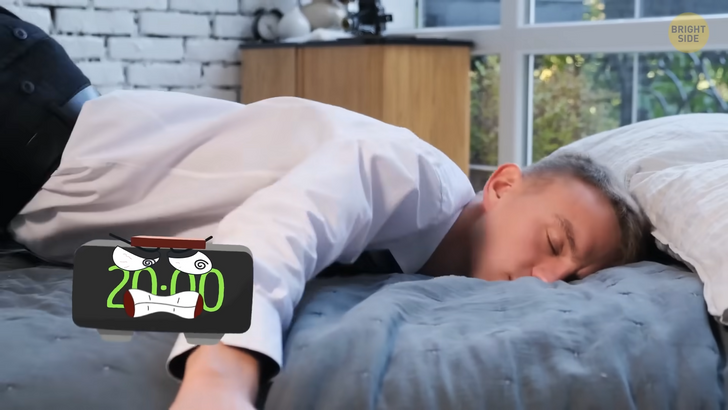
If you do experience problems, here are a couple of things you can try. For example, if you have neck pain, you’ll have better rest while sleeping on your back or your side. You can also try using a thicker pillow when sleeping on your side and a thinner one when resting on your back.
If your sinuses are the ones keeping you up at night, you can try sleeping on your back, with your head a bit more elevated. A thicker pillow should do the trick, too. If you have hip or back pain, try sleeping on your back, but place a pillow or a rolled-up towel underneath your knees. It should reduce the pressure on your spine and help relieve the pain.
We can’t finish our list of facts about sleep without talking about the greatest love story of all. The one we all have with the snooze button, am I right? Does hitting the snooze button really give us some extra time to rest? This might also be the biggest myth of all. Not only is this information untrue, but hitting the snooze button can make us feel groggier in the long run, even though, technically, we’re sleeping more.

Those 10-minute intervals of sleep we indulge in over and over again are not a good type of sleep. There simply isn’t enough time for us to properly fall back into a deep sleep. Also, there is such a thing as actually sleeping too much.
And oversleeping makes you even sleepier during the daytime and can affect your metabolism and your energy levels, too. Not to mention it can be a real nuisance for people sharing the same bed or room with you. Breaking up with the snooze button can be overwhelming, I know. But there are things you can do to soften the blow.
For starters, set a realistic alarm. If you’re more of a night owl, don’t force yourself to wake up really early in the morning if you don’t have to. Find a sleeping schedule that works for you and, most importantly, stick to it. Follow up with getting out of bed as soon as you wake up.
The change in posture will trigger the right chemicals in your body that remove your need to go back to sleep. If nothing seems to work, you can even move your alarm clock across the room. If you need to get out of bed to hit the snooze button, you’ll be less likely to go back.
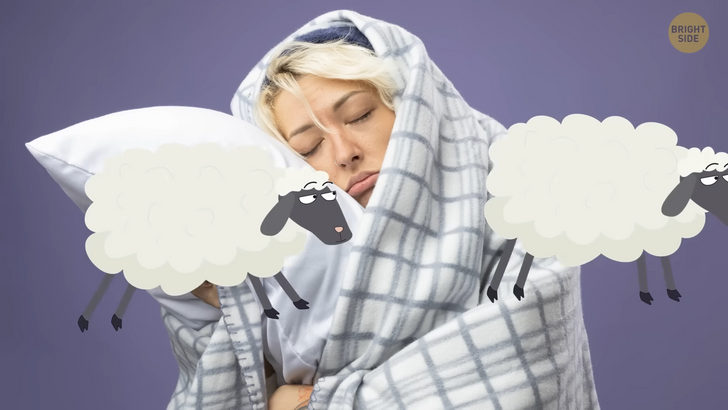
Just because you don’t have any of these problems doesn’t mean your sleep patterns are doing great. Some people seem to think that just because they can fall asleep anywhere, they’re “good sleepers.” But that can’t be further away from the truth.
On average, it should take us 5 to 15 minutes to fall asleep after we go to bed. If it takes longer for an extended amount of time, it may be a sign of insomnia. On the other hand, if falling asleep takes less than 5 minutes, you may be sleep-deprived.
And it can happen for a lot of different reasons, like stress or even diet changes. It can also mean the sleep you’re getting, even if it’s the recommended 7 to 9 hours a night, is fragmented or disturbed.


